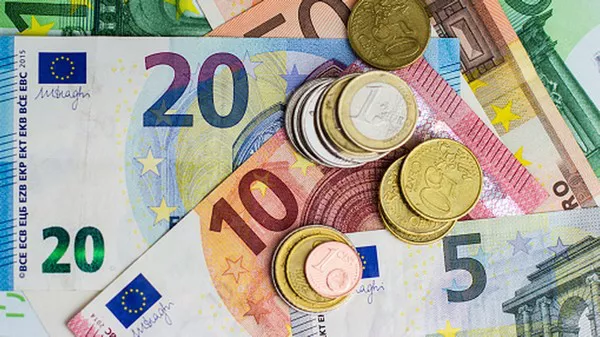Switzerland, known for its picturesque landscapes, efficient banking system, and rich cultural heritage, is a popular tourist destination and a global financial hub. As a non-European Union (EU) member, Switzerland has maintained its own currency, the Swiss franc (CHF), for centuries. However, due to its geographical proximity to eurozone countries and economic ties with the European Union, there has been speculation about whether Switzerland will accept euros as a form of payment. In this article, we will delve into the complexities surrounding this topic and explore the prospects of Switzerland adopting the euro.
1. The Swiss Franc: A Symbol of Stability
The Swiss franc has long been regarded as a symbol of stability and reliability in the international financial market. Switzerland’s strong economy, low inflation rates, and fiscal discipline have contributed to the strength of the Swiss franc. The country’s central bank, the Swiss National Bank (SNB), actively manages the value of the currency to ensure price stability and support the domestic economy. This steadfast approach has allowed Switzerland to maintain control over its monetary policy and fiscal decisions, safeguarding its economic sovereignty.
2. Switzerland’s Relationship with the European Union
Switzerland is not a member of the EU, but it enjoys a unique relationship with the bloc through a series of bilateral agreements. These agreements cover various aspects, including trade, immigration, and research cooperation. Switzerland is part of the Schengen Area, which allows for passport-free travel across many European countries, and it has access to the EU’s single market for certain sectors. Despite this close association, Switzerland has maintained its independence when it comes to currency matters.
3. Eurozone Influence on Switzerland
Switzerland shares borders with four eurozone countries: Germany, France, Italy, and Austria. This proximity has resulted in significant economic interdependence between Switzerland and the eurozone. Many Swiss businesses engage in cross-border trade, which often involves transactions denominated in euros. Furthermore, Switzerland’s tourism industry attracts a substantial number of European visitors who predominantly use the euro as their currency. These factors have led to a widespread acceptance of euros by businesses operating in tourist areas and border regions.
4. Legal Framework and Monetary Policy Autonomy
Switzerland’s legal framework gives the Swiss National Bank (SNB) full authority to determine its monetary policy independently. The SNB’s primary mandate is to ensure price stability while taking into consideration economic developments. Given this autonomy, Switzerland has been hesitant to adopt the euro as its official currency, as it would entail relinquishing control over its monetary policy to the European Central Bank (ECB). This decision aligns with Switzerland’s long-standing commitment to safeguarding its economic sovereignty.
5. Public Opinion and Political Considerations
The question of whether Switzerland should accept euros extends beyond economic factors; it also involves public opinion and political considerations. In 2013, a national referendum was held on the subject of a “Swiss Gold Initiative,” which aimed to require the Swiss National Bank to hold a minimum amount of gold reserves and repatriate all foreign-held gold. While not directly related to accepting euros, this referendum highlighted the sentiment among some Swiss citizens about preserving their country’s financial independence.
6. Challenges and Potential Benefits of Adopting the Euro
While Switzerland has maintained its stance on preserving the Swiss franc, there are arguments both for and against adopting the euro. Advocates argue that using the euro would simplify cross-border transactions, reduce currency exchange costs, and enhance economic integration with the EU. It could also provide a more stable exchange rate environment for Swiss businesses engaged in international trade. On the other hand, opponents cite concerns about losing control over monetary policy, potential inflationary pressures, and the erosion of Switzerland’s competitiveness in export markets.
Conclusion
As things stand, Switzerland remains committed to its national currency, the Swiss franc, and maintains a cautious approach towards adopting the euro. While euros are widely accepted in tourist areas and border regions due to economic realities, a full-fledged acceptance of the euro as legal tender is unlikely in the near future. Switzerland’s deep-rooted commitment to economic sovereignty, its stable financial system, and public sentiment all contribute to maintaining the status quo. Nonetheless, with evolving geopolitical dynamics and changing economic landscapes, it is essential to continue monitoring potential shifts in Switzerland’s stance on accepting euros.


